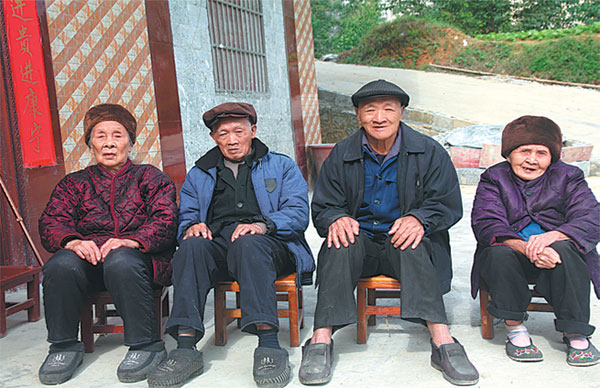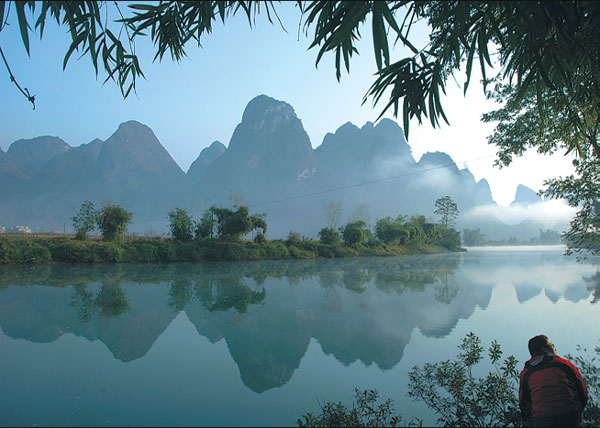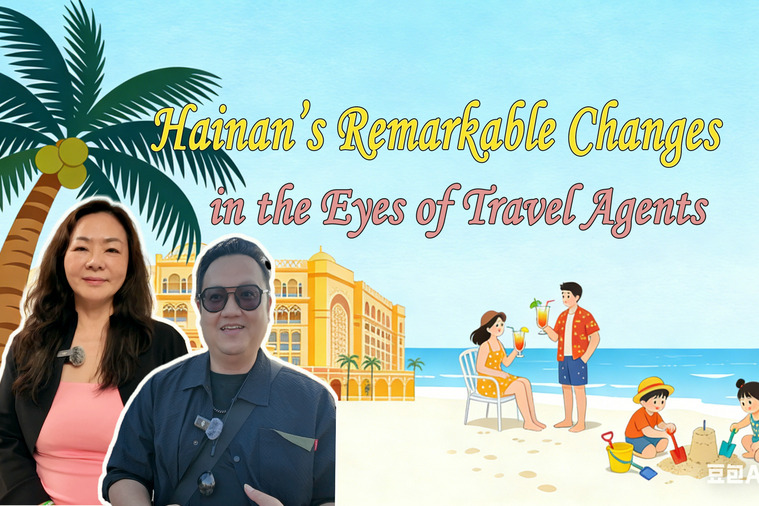For old time's sake


"The inflow of the travelers has changed the locals' lifestyle which had not changed for hundreds of years," says Liang Shaoen, a local civil servant.
Few young people work the land anymore, since running a small business catering to tour-ists makes them more money than farming.
However, for most of Bama's centenarians, most of whom are illiterate and have never left home, farming was their liveli-hood.
The centenarians have some-thing in common that even the locals today can't share, said Zhang Yuan, a photographer who has shot photos of 120 centenari-ans in Bama over the years.
"Aside from their simple lives, they invariably have simple minds. For most of their lives, they have lived a hand-to-mouth, but self-sufficient life. They enjoy singing folk songs, and have no desire for money and the other material comforts," Zhang said.
"It is a mentality that is hard to develop in the modern world," he added.
Some centenarians sit in the halls of the homestays or shops their offspring operate, acting as a form of advertising and rev-enue, visitors are expected to give them red envelopes con-taining cash when taking a pho-to with them and seeking their blessings.

However, not all attribute the longevity of Bama's residents to the external conditions, there are some who think it is in the local people's genes. Sun Liang, a genetic researcher at the Nation-al Gerontology Center, said that among the factors contributing to long life, genes contribute about 20 to 30 percent, and the living habits and medical care conditions account for 70 to 80 percent.
"How many years people can live after they reach 90 is mostly decided by their genes. Bama's longevity is in the first place determined by local people's genes," said Sun.
Studies by Yang Ze, deputy director of the Beijing Gerontolo-gy Institute, indicates that Bama people came from the Southeast Asia thousands of years ago, and the genes of Bama people are much purer than the modern average.
"The difficult transport condi-tions made Bama an isolated island for genes. Except during the Ming Dynasty (1368-1644) when the genes of some new set-tlers from North China mingled with the genes of the local peo-ple," Yang said.

































